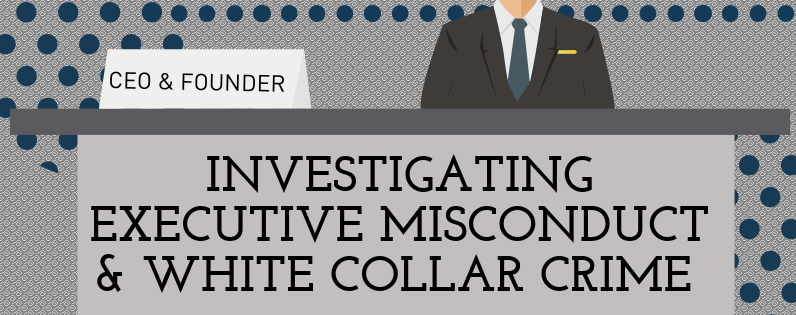Investigating Executives & White Collar Crime

Don’t let executive misconduct ruin your corporation… When it comes to running a business, the executives who are the visionaries and decision-makers that shape a company should always remain above reproach. White collar crimes have the potential to pull a business up from the root with devastating consequences. Unfortunately, Americans know from media coverage and […]
The Importance of Fact-Finding
Even if you’re not a fan of Fox’s successful prime time drama, Empire, you’re likely aware of the name Jussie Smollett by now. Smollett has come under fire in the media and on the internet for his allegedly false account of a racially-motivated attack against him in January, where he alleged two men attempted to […]
Investigating Employee Misconduct
Employee misconduct in the workplace can have a toxic effect on morale and productivity, which often incentivizes employers to resolve the situation quickly. These days, there are clear benefits to getting out in front of any misconduct complaint as movements like #MeToo have employers scrambling to vet their workforce so they can identify predators before […]